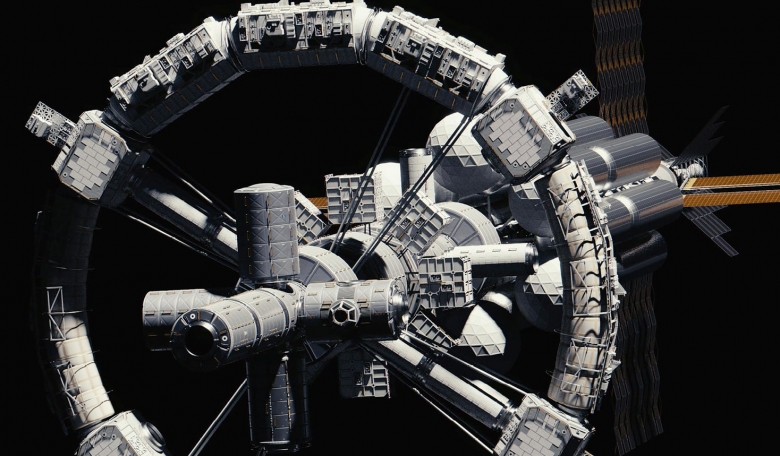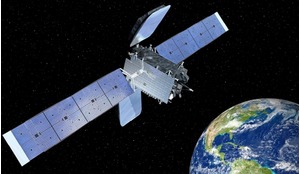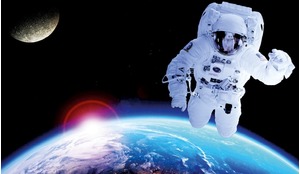The presence of prolonged microgravity in space has long been known to have a negative impact on the human body such as deterioration of bones and muscles. Rotating space platforms have the potential to mitigate the health risks for prolonged space travel by creating an Earth-like artificial gravity environment for the habitants. In this article, Tigran Mkhoyan elaborates on his presentation in the ‘Artificial Gravity’ segment of October’s Asgardia Space Science & Investment Congress (ASIC).
Arguably, most of us interested in space travel have seen or heard about the movie 2001: A Space Odyssey with its famous rotating spacecraft ‘Discovery One’. We have passed almost two decades since 2001, yet there is no rotating space platform to be seen. Of course, there are many technical challenges in realising such a system in space. However, one important aspect is how the human vestibular system, adapted to our life on Earth responds to the rotational environment needed for sustained artificial gravity, and in particular the role of the semi-circular canals (SCC).
A problem that can arise in such an environment is a false and often nauseating sensation of rotation, the so-called Coriolis effect. The coriolis effect is induced by the rotation of the space platform, combined with the simultaneous rotation of the human’s head (active Coriolis Coupling). For the ‘space traveller’ inside the spaceship this may result in a severely restricting environment, where any head movement outside of the rotational axis could cause a sensation of tumbling, nausea or dizziness. The solution depends on how severe the Coriolis effect is, which depends on the design of the spacecraft and its radius arm. This article sets out to investigate the effect of spacecraft design on the Coriolis effect using a human perception model.














